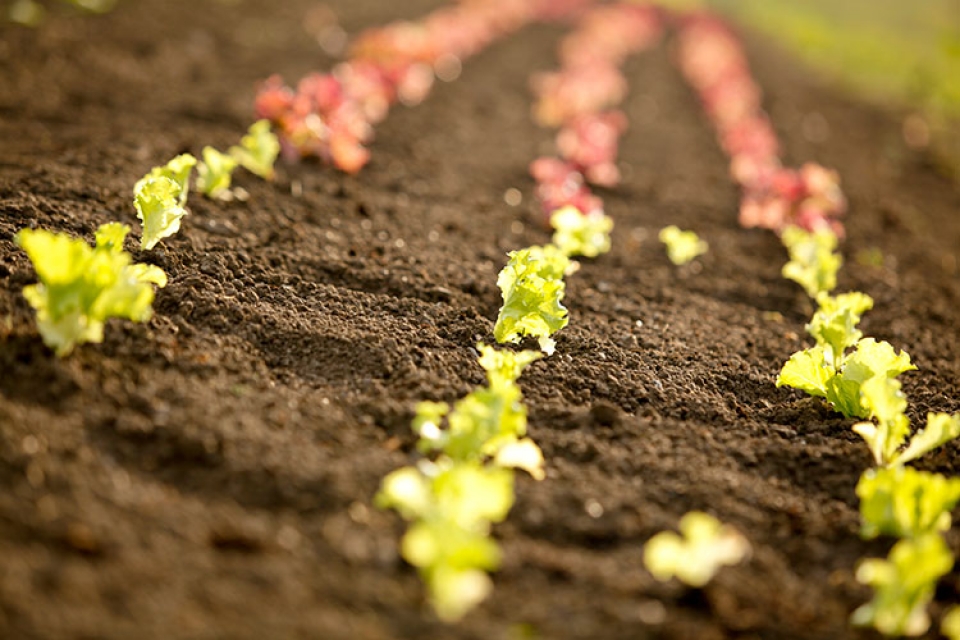What is CAPS Accreditation?
In 2015, one of the recipients of the Co-op Patronage Seedling Grants was the Vermont Vegetable and Berry Grower’s Association’s (VVBGA) Community Accreditation for Produce Safety (CAPS). They received $12,700.55 from the grant program to help cover the cost of creating and implementing the CAPS program, including developing a web platform and providing farmer workshops. CAPS is a voluntary and affordable Produce Safety Accreditation specifically for Vermont farms. The goal of CAPS is to help farmers reduce the risk of food-borne pathogens and maintain food safety credibility in the marketplace, even if they are exempt from the final rules of the Food Safety Modernization Act (FSMA).
Why is this important? FSMA, with its focus on large farm food safety, will guide and set the public perception standard for produce food safety in the market, even though many of Vermont’s small farmers will be exempt from FSMA regulations. However, without being accredited through the FSMA regulations, small farmers will suffer from not being able to certify that their produce meets food safety standards that consumers will come to expect. CAPS, thus, provides a way for these small farmers to receive food safety accreditation that will help them compete in the marketplace, while also offering farmers a meaningful way to reduce risk while improving farm efficiency and produce quality without the large cost and regulatory burden of national programs.
So how does CAPS work? The CAPS online platform allows farmers to learn about food safety practices, share information about the practices they have in place, write produce safety plans, and complete the accreditation process. The online platform provides the farmer with a digital farm folder that they can then share with buyers to confirm their CAPS accreditation.
2016 was the first year the CAPS accreditation platform was available online. Early in the year, 85 farms took the first step and created farm folders on the platform and created produce safety plans. By the end of May, 68 farms officially enrolled in CAPS by paying the $100 accreditation fee (farms were offered scholarships if they needed one). From the 68 farms enrolled, there were 1,304 acres in crop production and 715,442 square feet in greenhouse crop production.
To earn accreditation, farms had to document the implementation of the Best Management Practices (BMPS) that they had indicated in their produce safety plan. Documentation was required to be uploaded by November and 66 of the enrolled farms met the deadline. Reviewers then scored each online farm folder for completeness, using a pass/fail for each section, and provided comments when a section failed. If they failed a section, the farmer had an opportunity to provide additional documentation. Overall, 61 of the 68 farms in the 2016 season earned CAPS accreditation.
In late 2016, VVBGA sent us a grant report to let us know how the program was progressing. Moving forward, farms can maintain (or begin the process of) accreditation by paying an annual $100 fee and updating their CAPS plans by April 1. Interested in learning what farms are currently CAPS accredited? Check out this post on the CAPS website.
